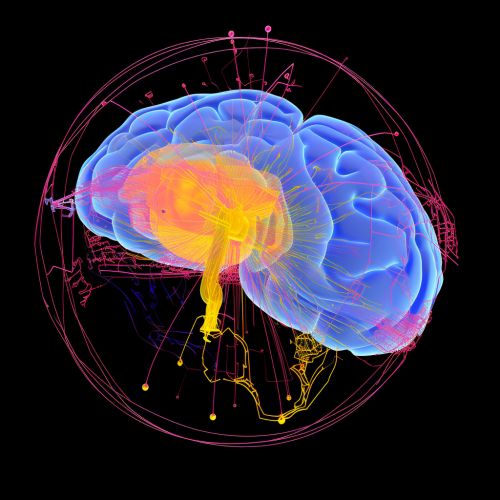The Science of Human Cognitive Styles in Learning
Introduction
Human cognitive styles in learning refer to the different ways individuals process and interpret information. Cognitive styles are often described as the preferred or habitual patterns of mental functioning, particularly in relation to acquiring and processing information in learning situations. These styles are not fixed but rather, they can change over time and are influenced by both genetic and environmental factors Learn more.


Understanding Cognitive Styles
Cognitive styles are considered an important aspect of individual differences, influencing how people perceive, think, solve problems, learn, and relate to others. They are often contrasted with cognitive abilities, which refer to the level of performance on mental tasks. While cognitive abilities are usually measured through IQ tests and similar assessments, cognitive styles are typically assessed through self-report questionnaires and observational methods Learn more.
Types of Cognitive Styles
There are several types of cognitive styles that have been identified in the literature. Some of the most well-known include:
- Field Dependence-Independence: This cognitive style refers to the extent to which an individual relies on the surrounding field or context when interpreting and organizing information. Field-dependent individuals tend to be more influenced by the overall context and may have difficulty separating details from the larger picture. In contrast, field-independent individuals are more likely to focus on individual details and are less influenced by the surrounding context Learn more.


- Holistic-Analytic: This cognitive style refers to the extent to which individuals process information in a holistic or analytic manner. Holistic thinkers tend to perceive situations as whole entities and are more likely to consider the overall context and relationships between elements. Analytic thinkers, on the other hand, tend to break down situations into individual components and analyze each part separately Learn more.
- Reflective-Impulsive: This cognitive style refers to the extent to which individuals reflect on information before making a decision or taking action. Reflective individuals tend to take their time and consider all available information before making a decision, while impulsive individuals are more likely to make quick decisions without fully considering all the information Learn more.
Cognitive Styles and Learning
Cognitive styles have a significant impact on learning. They influence how individuals perceive, interpret, and respond to information, which in turn affects their learning outcomes. For example, field-dependent individuals may excel in learning situations that require understanding the overall context or relationships between elements, while field-independent individuals may excel in situations that require focusing on individual details. Similarly, reflective individuals may perform better in tasks that require careful consideration and analysis, while impulsive individuals may perform better in tasks that require quick decision-making Learn more.


Implications for Education
Understanding cognitive styles has important implications for education. By recognizing and accommodating different cognitive styles, educators can create more effective learning environments and instructional strategies. For instance, teaching methods can be adapted to match the cognitive styles of learners, thereby enhancing their learning outcomes. Moreover, awareness of cognitive styles can help educators identify students who may be at risk of academic difficulties and provide them with appropriate support Learn more.
Conclusion
In conclusion, cognitive styles play a crucial role in learning. They influence how individuals perceive, interpret, and respond to information, which in turn affects their learning outcomes. Understanding cognitive styles can therefore provide valuable insights for enhancing learning and education.
